When Avengers: Infinity War (2018) unleashed the wrath of the Mad Titan Thanos upon the world after over a decade of set-up, it genuinely felt like it was the first time we were experiencing something of that magnitude. Then Kevin Feige along with his team managed to exceed our expectations from the Marvel Cinematic Universe with Avengers: Endgame (2019) by giving a fitting conclusion to the Infinity Saga. After that the franchise branched into movies and TV shows of varying qualities and scale, promising one thing in particular: the multiverse. So that the MCU won’t need to limit itself to the characters in its close-circuited world, and can extend its reach to the stories that came before the MCU was even a thing. And Spider-Man: No Way Home (2021) is technically the first entry to use this limitlessness to its fullest. But does that benefit the movie? Well, let’s find out.
Directed by Jon Watts and written by Chris McKenna and Erik Sommers, Spider-Man: No Way Home picks up right where Spider-Man: Far From Home (2019) left off with Quentin Beck (Jake Gyllenhaal) revealing that Peter Parker (Tom Holland) is in fact Spider-Man. Peter’s life spirals into utter chaos as he is hounded everywhere he goes as Peter and as Spider-Man. Like a not-so-subtle commentary on celebrity and paparazzi culture, Peter’s friends, MJ (Zendaya), Ned Leeds (Jacob Batalon), Happy Hogan (Jon Favreau), and his aunt May Parker (Marisa Tomei) aren’t spared as well. And when Peter, MJ, and Ned’s college applications start to get rejected due to their “controversial” status, Peter decides to seek Dr Strange’s (Benedict Cumberbatch) help.
Also, Read: The Problem with Cinematic Universe
Strange tries to erase any memory that the world has about Peter being Spider-Man, but the spell goes horribly wrong. That results in a rift in the multiverse thereby making way for Norman Osborn (Willem Dafoe), Otto Octavius (Alfred Molina) and Flint Marko (Thomas Haden Church) from Sam Raimi’s Spider-Man movies, and Max Dillon (Jamie Foxx) and Curt Connors (Rhys Ifans) from Marc Webb’s Spider-Man movies to wreak havoc.
As you can clearly figure it out, there are two tonally opposite movies happening there. One is Peter’s struggle to deal with this unwanted attention caused by the revelation about his identity, while also guarding his friends and family against any potential harm to their present and future. The other one is the villains from the multiverse who need to be stopped and transported back to their respective worlds, potentially to their deaths at the hands of the Spider-Man they know and hate. But that’s not the problem.
Duality in Spider-Man is pretty standard because it reflects Peter living a dual life. The problem is that in No Way Home, these two sub-stories within the overarching story tend to undermine each other a lot. And that leaves a very sour taste in your mouth. Because this is an ambitious movie and you want every single emotional note to land instead of being watered down for momentary applause. Which, in a way echoes MJ’s quote about the practice of expecting disappointment from everything and then you’ll never be disappointed.
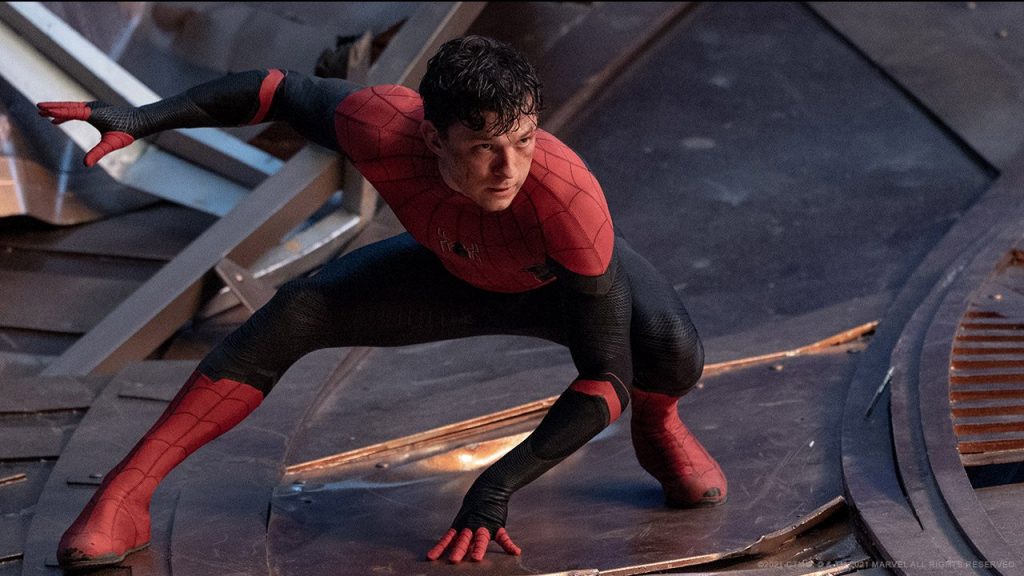
You are within your right to counter the aforementioned statement about expectations by saying that if you have seen any of the promotional material of No Way Home, you know what you are walking into. So, why express disappointment? Because Peter’s personal struggles are executed so well that you almost don’t want the multiversal story to happen. If the grounded legal high-school-to-college drama wouldn’t have felt daunting and organic to the story, the shift to the grandness of the multiverse would’ve seemed fine. But Watts directs Holland, Zendaya, Leeds, Tomei, and the cloud of anxiety and fear over them with such finesse that you feel the need to see it through to its bitter end.
Related to Spider-Man: No Way Home: All Spider-Man Movies Ranked From Worst to Best
The sight of familiar faces sending tingles down your spine and tears down your face because it has been such a long time since you’ve seen them do seem worth it at the moment. However, when you sit with the movie for a few minutes, you begin to realise that you’re cheering and laughing right after a fatal blow to Peter’s life. The power of nostalgia might convince you that that’s alright. That said, it’s an example of bad storytelling.
The MCU movies, especially Watts’s Spider-Man films, aren’t famous for their visual storytelling. No Way Home is no different. It suffers from the usual bland cinematography and over-reliance on weight-less CGI-heavy moments. That’s not a diss on the digital artists though. Their work is quite competent. Lizard and Sandman do look wonky. Apart from that, the movie boasts of some meticulously detailed VFX. The action is quite standard with the highlight being a brutal and mostly practical fight between Spider-Man and Green Goblin.
The action set-pieces that precede and succeed it aren’t as good. Yes, the final fight sequence is full of nostalgia-inducing moments. But, as mentioned before, that’s not necessarily a good thing. Especially when you’ve to look through said nostalgia-inducing moments through impractical virtual camerawork and dark and muddy visuals. Also, the fact that those bits echo other Spider-Man action sequences, thereby reminding you how proficiently they were shot in comparison to the one you are watching, doesn’t help No Way Home at all.
Related to ‘Spider-Man: No Way Home’ – 10 Reasons why Spider-Man: Into the Spiderverse is the greatest spider-man movie ever
Michael Giacchino’s score is the MVP of No Way Home, to be honest. The way the man uses the theme he has composed for Holland’s Spider-Man and then mixes it with Strange’s theme, only to then wow you by blending Hans Zimmer and Danny Elfman’s scores, is truly amazing. In terms of performances, there’s not a single bad apple here. Holland is Peter Parker and Spider-Man. His acting range, both physically and through his expressions, is on full display. Zendaya, Batalon, Tomei and Favreau do a great job. The writing around them isn’t the best because, like every other MCU movie, they have to joke around a lot. So, when they are not joking about the gallery, their love for Parker permeates through the screen.
Benedict Cumberbatch is awesome as ever. Although the scope of his role is limited, he manages to essay Strange’s use of his narcissism to cover up his flaws. Surprisingly enough, Molina and Dafoe get a lot of space to stretch their acting muscles. And stretch they do. Foxx as Electro is a completely different character from the one we saw in The Amazing Spider-Man 2 (2014) and he does a fine job as well. At this point, you must’ve figured out that I am leaving out a few names for the sake of spoilers. All I can say is that their performances are so heart-felt that you won’t be able to help yourself from going to Kevin Feige and begging him and the actors in question to do more movies as the characters they are essaying in No Way Home.
Despite my criticisms, Spider-Man: No Way Home is in no way a “bad” movie. This is kind of the go-to reaction towards recent MCU entries nowadays: not too bad but not too good either. And as a Spider-Man fan, it’s tough to respond to a Spider-Man film in that way. But it is what it is. No Way Home could’ve been a movie about Peter Parker finding his way back home after the definition of what he considers “home” is desecrated by the media. No Way Home could’ve been a multiverse movie with Peter trying to help the characters from different worlds to get back home. In Watts’s attempt to tackle both of them, the movie has some high highs and some low lows. Hence, overall, it’s a middling viewing experience. In all honesty, Spider-Man: Homecoming (2017) still continues to be the best solo outing of Tom Holland’s Spider-Man and Spider-Man: Into the Spider-Verse (2018) is still the best Spider-Man movie involving the multiverse.

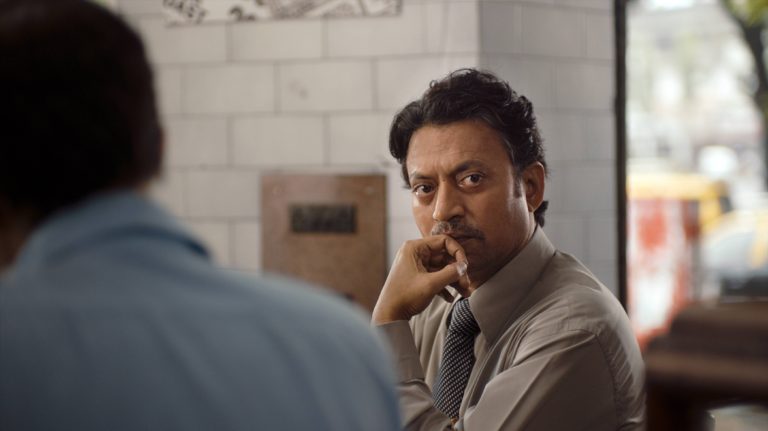
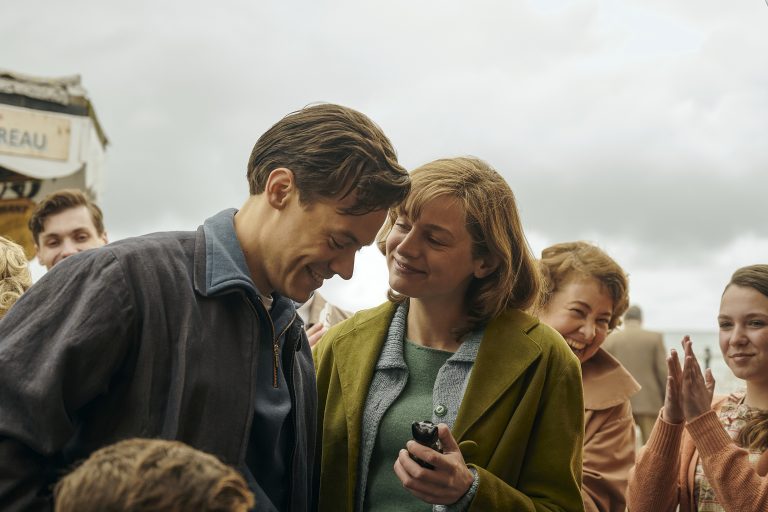
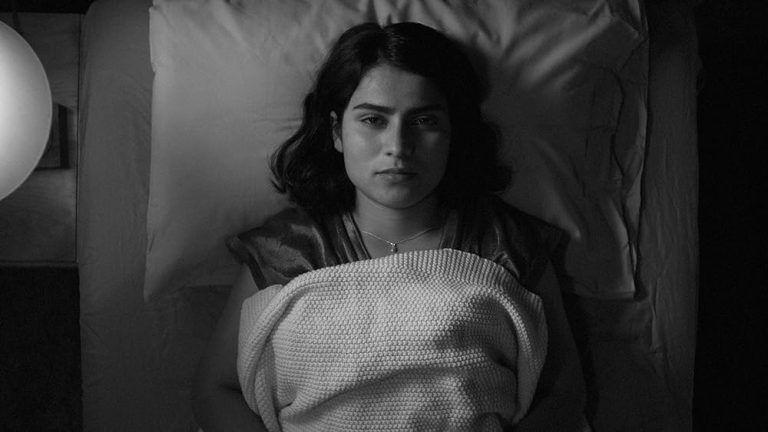
![October [2018]: The Blooming Uncertainties of Selfless Love](https://79468c92.delivery.rocketcdn.me/wp-content/uploads/2018/04/OCTOBER2-768x322.jpg)
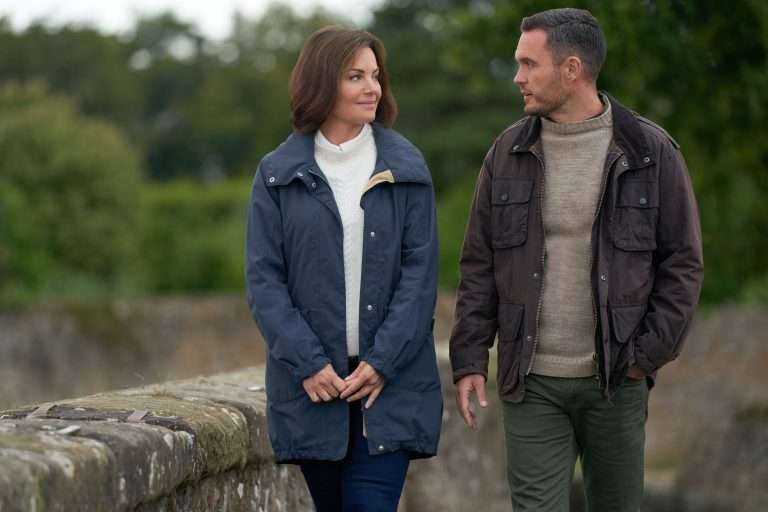
![And Then We Danced [2019] Cannes Review – A Georgian combination of Call Me By Your Name & Whiplash](https://79468c92.delivery.rocketcdn.me/wp-content/uploads/2019/05/and-then-we-danced-high-on-films-768x432.jpg)